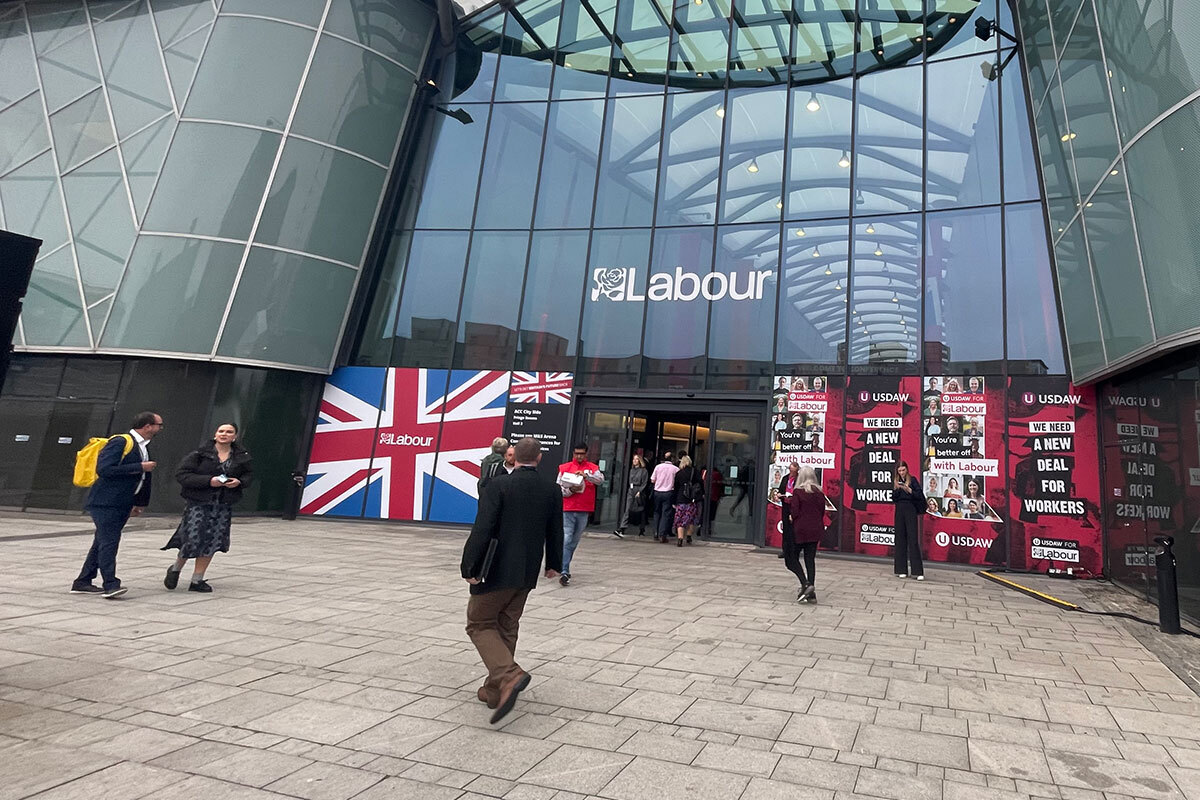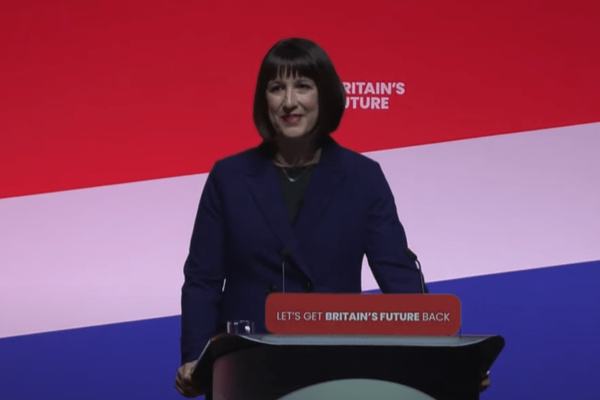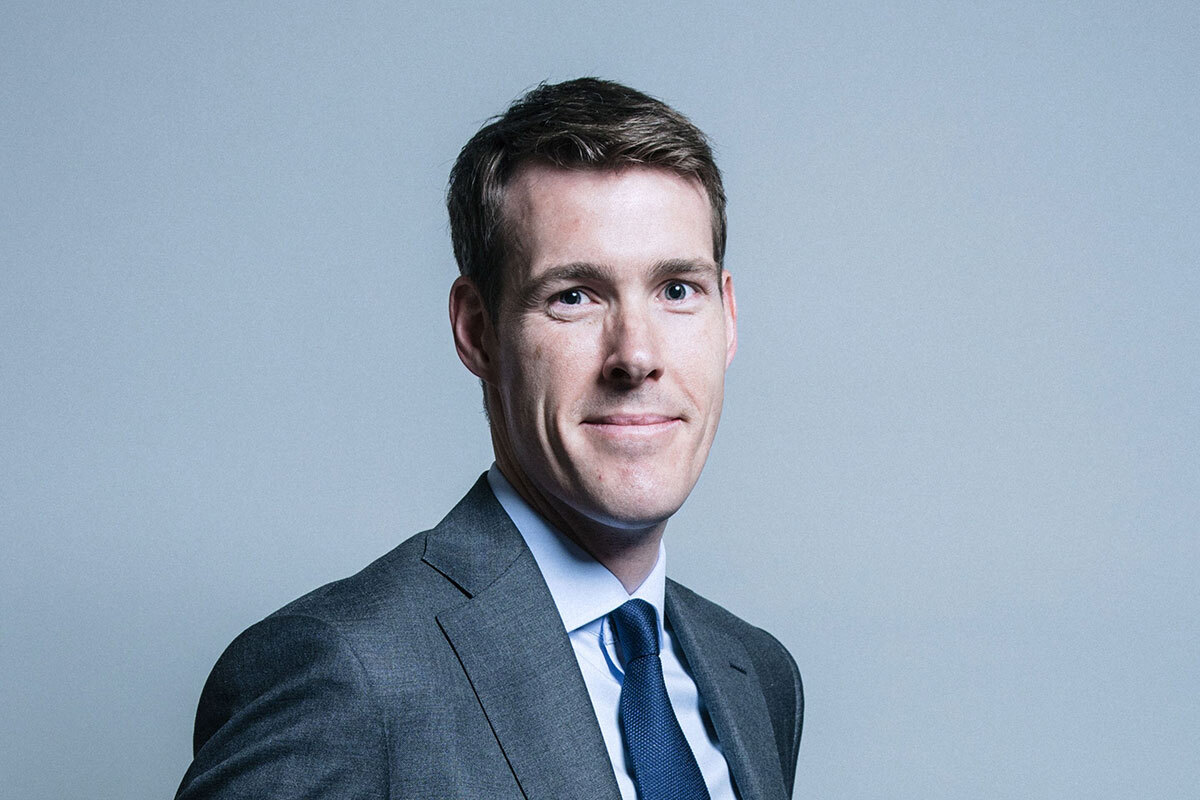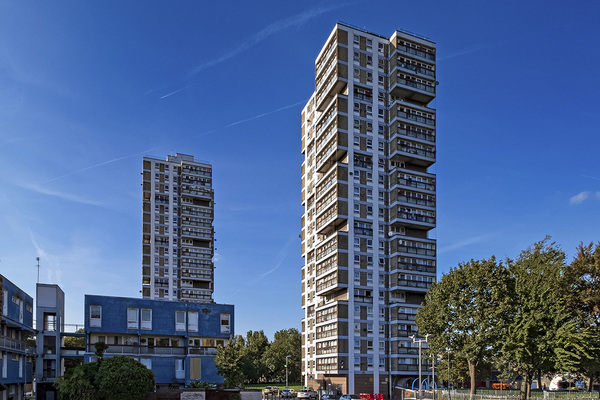You are viewing 1 of your 1 free articles
Dispatches from the Labour Party Conference 2023
This week, the Labour Party descended on Liverpool to host its annual conference. Stephen Delahunty and Katharine Swindells report on all of the housing action

Ahead of the Labour Party Conference this year, the appearance of shadow housing minister Matthew Pennycook at the National Housing Summit in September had given some indication of what Labour’s housing plans might look like.
However, Mr Pennycook’s pledge to go “net positive” on social rented housing supply early on in its term is not one that immediately sets the pulses racing.
But with the Conservatives barely giving the housing crisis a mention at their conference last week, it provided Labour with an opportunity to grasp the narrative.
What was not clear before the conference was just how big a splash the party plan to make.
Often policy discussions at annual conferences are confined to fringe events featuring senior speakers from the party and other housing professionals, but this year saw housing front and centre of many of Labour’s major announcements.
Inside Housing has rounded up the key takeaways from our time in Liverpool.
A generational boost
The conference began with the deputy leader of the Labour Party pledging to deliver “the biggest boost in affordable and social housing for a generation”.
In her opening speech on Sunday, Angela Rayner told a packed conference hall that Labour will deliver the housebuilding boost by preventing developers from “wriggling out of their responsibilities” to help speed up new social and affordable housing.
Not to be outdone, the shadow chancellor proposed a “once in a generation set of reforms” to accelerate infrastructure building.
Rachel Reeves outlined her plans for taking on the “antiquated planning system” with reforms to accelerate the building of energy, transport and housing infrastructure.
Both of these announcements laid the groundwork for party leader Keir Starmer’s speech on Tuesday.
Mr Starmer was initially disrupted by a protestor who showered him with glitter in a move designed to highlight the need for electoral reform.
But his press team will feel he handled the situation well, as he dusted himself down, rolled up his sleeves and pledged to deliver a package of reforms to transform the planning system and deliver 1.5 million homes over the next parliament.
The Labour leader promised to “build a new Britain” in his address, in which he also promised to “bulldoze through” what he described as a “restrictive” planning system.
Mr Starmer highlighted the current system as the main obstacle blocking the building of new homes.
“Where there’s good land for affordable homes, we’ll get shovels in the ground, cranes in the sky and build the next generation of Labour new towns,” he said.
Inside Housing followed this up with an interview with Mr Pennycook, who set out the party’s proposals, which include strengthening Section 106 agreements, planning and land reform, and tweaking the Affordable Homes Programme.
Is Labour dead?
There has been some criticism over the past few months, particularly among the party faithful, that Labour has not been bold enough in its offer to voters ahead of the next general election.
Even as Labour was setting out what most in the sector agree are ambitious and very welcome plans, ‘Labour is dead’ was trending on X (formerly known as Twitter), after a group called Transform Politics staged a mock burial of the party outside of the conference.
However, the mood among delegates, and a number of housing professionals Inside Housing spoke to, was that there is life in the old party yet.
Despite the buoyant mood, focusing grant on social rented housing is a welcome move, but unless the size of the port is also increased, as one housing professional pointed out, less affordable housing will actually be built.
And due to Labour’s fiscal rules, which means new funding in the sector will not be immediately forthcoming, there was a lot of talk that reform alone is not enough to increase delivery significantly enough to alleviate the housing crisis.
Not at the same time as dealing with higher levels of debt and inflation and meeting spending commitments around building safety and net zero.
There was some disappointment that housing did not make the party’s priority ballot – which decides which motions are discussed in more detail at conference – but the outcome is probably unsurprising given the scale of what plans for housing Labour publicly set out.
There were some reports that housing was kept off the conference agenda by what one delegate described as “bureaucratic manoeuvres” and “inappropriate pressure placed upon delegates not to support a debate”.
But as the Labour Housing Group said: “It is nevertheless clear that Labour takes housing seriously and we welcome the fact that although housing is not recognised as a mission in its own right, it’s seen as underpinning all five missions, and particularly growing the economy.”

Hunger Games
Improving the economy was something the Conservative Party had pledged to do through its levelling-up agenda, but more than one MP suggested that accessing the funding to deliver on the government’s plan resembled a sort of dystopia.
Before the Institute for Public Policy Research’s levelling-up panel was cut short by a building evacuation, Paula Barker told audience members that access to levelling-up funding had been a “Hunger Games”.
Justin Madders said that even successful levelling-up bids had not been “genuine devolution” because cities still bid based on “what Whitehall wants”, not what they really need.
The shadow ministers were excited by Mr Starmer’s pledge that local communities will have more power and resources to deliver housing and infrastructure, as was metro mayor Steve Rotheram. He said: “I’d bite your hand off for council housing in the Liverpool City Region.”
Shadow homelessness and planning minister Mike Amesbury said that social housing providers “have created mini welfare states to fill the gaps” at the Chartered Institute of Housing event on housing and poverty.
Senior housing association leaders appealed to the shadow minister to make reforming the benefits system a priority for the Labour Party, as they described the impact of the cost of living crisis on their tenants.
Chloe Fletcher, policy director at the National Federation of ALMOs, said: “Councils and ALMOs are at the limit of how much support they can provide to tenants falling into destitution.”
At the same time, Aileen Evans, group chief executive at Grand Union Housing Group, warned that 30% of customers accessing their financial support services had no more options or solutions for help.
She told Inside Housing that the country needs a “fundamental review of the social security system” as it “no longer provides proper security and support, and instead causes anxiety and compounds the serious issues that people face”.
Sanctions for NIMBYs
Tanmanjeet Singh Dhesi, shadow exchequer secretary to the treasury, told a panel audience that the Labour Party’s targets for affordable and social tenures will be a “large number of each”.
Meanwhile his co-panellist Jennie Daly, chief executive of Taylor Wimpey and former non-executive director at Peabody, said that the “supply of any tenure is positive”.
When asked how to approach resistance to building, Mr Dhesi took the diplomatic approach that we need to “overcome that nimbyism”.
But Ms Daly was more hardline. She said: “We need not just incentives but also a little bit of sanction to ensure that local authorities that should be accommodating and delivering more housing do so.”
Sanctions were not mentioned as part of the party’s plans for speeding up local plan delivery, but Labour has set out what it believes is a clear path. The test now will be staying the course in the face of the opposition they will inevitably receive from some voters.
And if the Conservative Party Conference is anything to go by, Labour will have to navigate a toxic general election campaign.
Sign up for our daily newsletter
Already have an account? Click here to manage your newsletters











